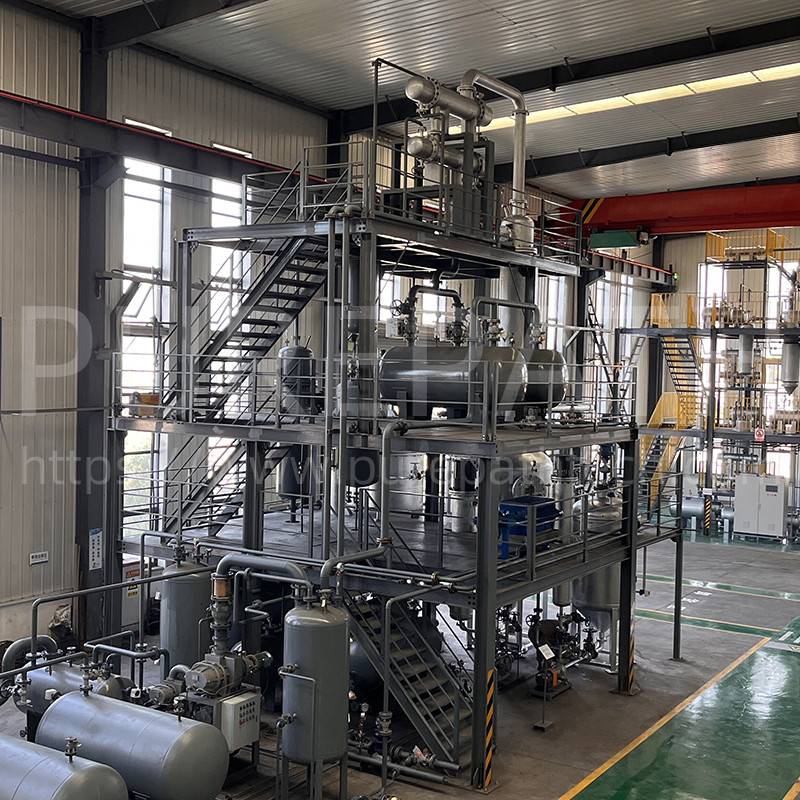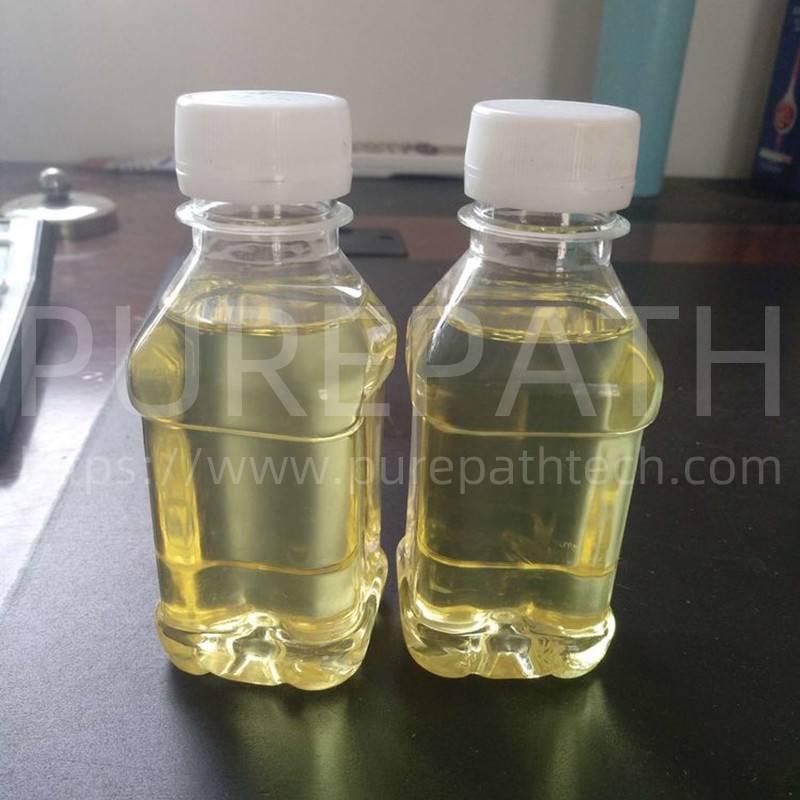Can Waste Oil Recycling Plants Process Transformer Oil?
Transformer oil, a crucial component of power transformers, plays a vital role in cooling and insulating electrical equipment. Over time, this oil can degrade due to various factors, including oxidation, thermal stress, and contamination. As a result, it becomes essential to recycle and reprocess the oil to maintain its dielectric properties and ensure the efficient operation of the transformer.
Waste oil recycling plants, designed to reclaim and reuse various types of used oils, play a significant role in sustainable waste management. The question arises: can these facilities process transformer oil effectively? While waste oil recycling plants have the potential to handle transformer oil, the task requires specialized techniques and expertise to meet the stringent quality standards essential for its reuse in electrical applications.

Understanding Transformer Oil
Key Properties of Transformer Oil
Transformer oil, also known as insulating oil, is a highly refined mineral oil or synthetic fluid designed to meet specific dielectric and thermal performance standards. Its primary functions include:
- Insulation: Preventing electrical discharge between components.
- Cooling: Dissipating heat generated during operation.
- Protection: Reducing oxidation of transformer components by acting as a barrier to moisture and air.
High dielectric strength, thermal stability, and chemical purity are essential properties of transformer oil, making it uniquely suited for its role in electrical systems.
Common Contaminants and Degradation Factors
Over time, transformer oil is subjected to various stresses, leading to contamination and degradation. These include:
- Moisture: Water can significantly reduce the dielectric strength of the oil.
- Particulate Matter: Dust, metal particles, and sludge can affect performance.
- Dissolved Gases: Produced during electrical discharges or thermal decomposition.
- Oxidation Products: Acids, sludge, and other byproducts from prolonged exposure to oxygen and heat.
Importance of Maintaining Oil Quality
Contaminated or degraded transformer oil can compromise the performance and safety of electrical equipment. Reduced dielectric strength increases the risk of electrical failure, while thermal inefficiency can lead to overheating and damage. Regular maintenance and recycling of transformer oil are therefore essential to ensure the reliability and safety of power systems.
The Role of Waste Oil Recycling Plants
General Processes in Waste Oil Recycling
Waste oil recycling plants are equipped to reclaim used oils through processes such as:
- Settling and Filtration: Removing solid particles and impurities.
- Distillation: Separating different oil fractions based on boiling points.
- Dehydration: Eliminating water content.
- Re-refining: Restoring oil to a condition suitable for reuse.
Limitations of Standard Transformer Oil Recycling Techniques
While these techniques work effectively for many types of industrial oils, transformer oil presents unique challenges:
- High Purity Requirements: The oil must meet strict dielectric and chemical standards for reuse.
- Complex Contaminants: Dissolved gases and oxidation products require specialized removal techniques.
- Thermal Sensitivity: High temperatures used in standard recycling can degrade the oil further.
Challenges in Processing Transformer Oil
Recycling transformer oil demands a balance between thorough contaminant removal and the preservation of its critical properties. Challenges include:
- Effectively removing dissolved gases without introducing new contaminants.
- Ensuring the oil retains its dielectric strength and thermal stability.
- Meeting environmental and regulatory standards during the recycling process.

Specialized Techniques for Transformer Oil Recycling
To effectively recycle transformer oil, specialized techniques are employed to remove contaminants, improve dielectric properties, and restore the oil’s original quality. These techniques include:
- Advanced Filtration: High-efficiency filtration systems are used to remove particulate matter, such as dirt, metal particles, and other solid contaminants. These filters can remove particles as small as a few microns, ensuring that the oil is free from any impurities that could degrade its performance.
- Chemical Treatment: Chemical treatments may be necessary to neutralize acidic components and remove other contaminants. These treatments involve the addition of specific chemicals to the oil, followed by a filtration process to remove the reaction byproducts.
- Vacuum Degassing: This process involves subjecting the oil to a vacuum to remove dissolved gases, such as oxygen and nitrogen. These gases can contribute to oxidation and other degradation processes, so removing them can significantly improve the oil’s lifespan.
- Dielectric Strength Testing: The dielectric strength of the recycled oil is rigorously tested to ensure that it meets the required standards. This test measures the oil’s ability to withstand high voltages without breaking down.
By employing these specialized techniques, waste oil recycling plants can effectively process transformer oil and produce high-quality recycled oil that meets industry standards.
Environmental and Regulatory Considerations
The improper disposal of transformer oil can have significant environmental consequences. Transformer oil is a hazardous waste due to its potential to contaminate soil and water. It is essential to recycle transformer oil to minimize its environmental impact.
Various regulations govern the recycling and disposal of transformer oil. These regulations vary by country and region, but they generally require that transformer oil be recycled or disposed of in an environmentally sound manner.
To ensure compliance with environmental regulations, waste oil recycling plants must adhere to strict guidelines for the handling, storage, and processing of transformer oil. These guidelines may include:
- Proper Storage: Transformer oil must be stored in designated containers to prevent leaks and spills.
- Safe Handling: Workers must be trained in the safe handling of transformer oil to minimize the risk of accidents.
- Environmental Monitoring: Regular monitoring of the plant’s operations is necessary to identify and address potential environmental impacts.
- Compliance with Regulations: The plant must comply with all applicable environmental regulations, including those related to waste disposal and pollution control.
By following these guidelines, waste oil recycling plants can contribute to the sustainable management of transformer oil and protect the environment.

Final Thoughts
Waste oil recycling plants have the potential to process transformer oil, but achieving the necessary quality standards requires specialized techniques and expertise. By incorporating advanced filtration, chemical treatments, and vacuum degassing, these facilities can reclaim transformer oil for reuse, ensuring its suitability for high-performance electrical applications.
Moreover, addressing environmental and regulatory considerations is critical to promoting sustainability and minimizing the ecological impact of oil disposal. With proper infrastructure and adherence to best practices, waste oil recycling can play a vital role in managing transformer oil responsibly, supporting the power industry’s operational and environmental goals.







